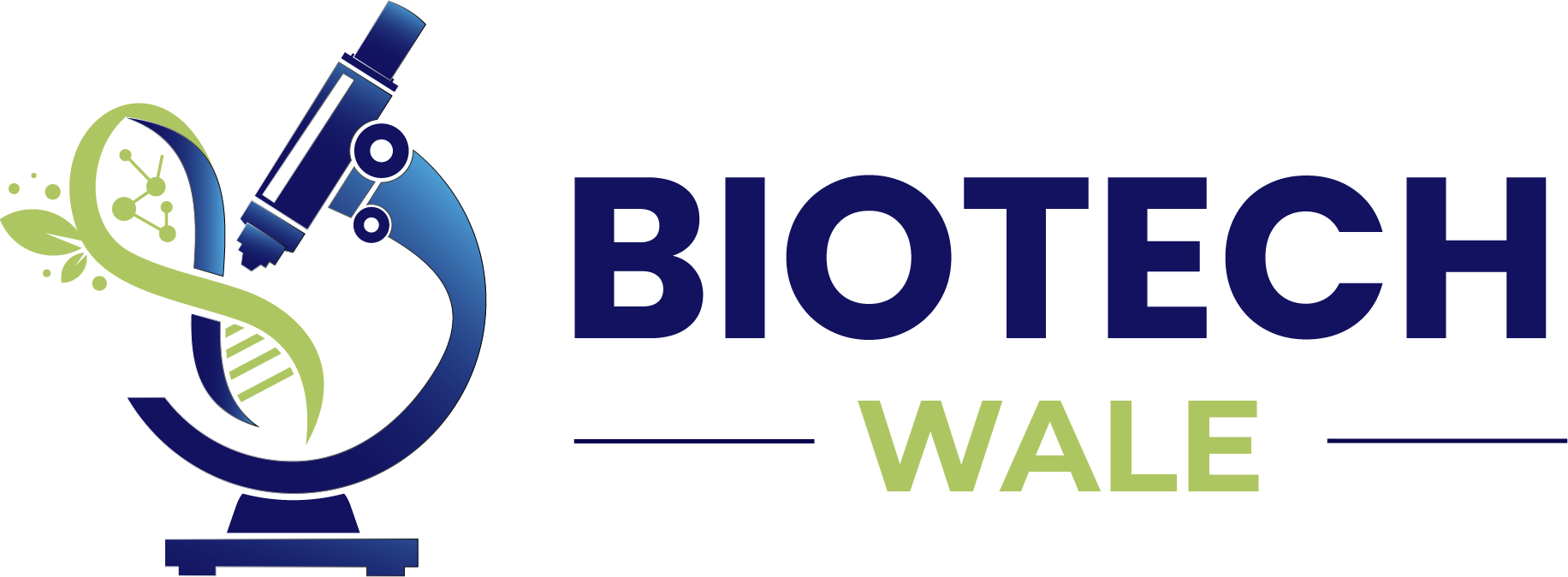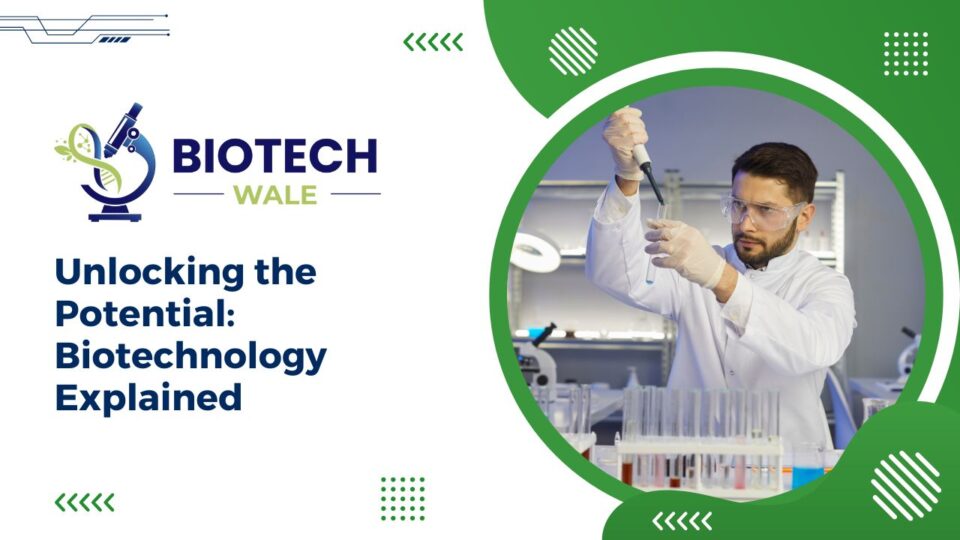Introduction to Biotechnology
Welcome to the fascinating world of biotechnology, where science fiction meets reality and innovation knows no bounds. In this blog post, we will delve into the intricate realm of biotechnology, unlocking its potential and exploring its impact on various industries. From its intriguing history to groundbreaking advancements, get ready to embark on a journey that will broaden your horizons and spark your curiosity. Join us as we demystify the wonders of biotechnology and discover how it is shaping the future of our world.
History and Evolution of Biotechnology
Biotechnology, a field that has revolutionized industries and healthcare, has a rich history dating back to ancient civilizations. The first instances of biotechnological practices can be traced to the fermentation of food and beverages by our ancestors. As time progressed, scientists like Louis Pasteur made groundbreaking discoveries in microbiology that laid the foundation for modern biotechnology.
The 20th century saw significant advancements with the development of genetic engineering techniques in the 1970s. This pivotal moment marked the beginning of manipulating living organisms at a molecular level, opening doors to endless possibilities. The Human Genome Project in the late 1990s further propelled biotechnology into new frontiers by mapping out human DNA.
Today, biotechnology continues to evolve rapidly, with innovations such as CRISPR-Cas9 gene editing leading the way towards personalized medicine and sustainable agriculture. The journey from ancient fermentation practices to cutting-edge genetic technologies showcases how far we’ve come in harnessing nature’s potential for good.
The Science Behind Biotechnology
Biotechnology is a fascinating field that blends biology, chemistry, and technology to create innovative solutions. At its core, biotechnology harnesses the power of living organisms and biological systems to develop new products and processes.
One of the key principles behind biotechnology is genetic engineering, which involves manipulating an organism’s DNA to achieve desired traits or outcomes. This can lead to advancements in agriculture, medicine, and environmental sustainability.
Another important aspect of biotechnology is molecular biology, which focuses on understanding how cells function at a molecular level. By studying these intricate processes, scientists can uncover new ways to improve human health and well-being.
The science behind biotechnology is complex yet groundbreaking. It opens up endless possibilities for solving some of the world’s most pressing challenges through innovation and creativity.
Applications of Biotechnology in Various Industries
Biotechnology has made significant strides in revolutionizing various industries across the board. In the agriculture sector, genetically modified crops have increased crop yields and enhanced resistance to pests and diseases. This technology helps farmers produce more food sustainably to feed our growing population.
In the healthcare industry, biotechnology plays a crucial role in developing innovative treatments for diseases like cancer, diabetes, and genetic disorders. Biopharmaceutical companies use biotechnology to create therapeutic proteins and antibodies that target specific disease pathways, offering new hope for patients worldwide.
Moreover, environmental biotechnology addresses pressing issues such as pollution control and waste management by utilizing biological processes to clean up contaminated sites or convert organic waste into valuable resources. It offers sustainable solutions for a cleaner and healthier environment.
The industrial sector benefits from biotechnology through biofuel production, enzyme engineering for industrial processes, and bio-based materials development. By harnessing nature’s capabilities, industries can reduce their environmental footprint while improving efficiency and sustainability.
Ethical Considerations in Biotechnology
When delving into the realm of biotechnology, it’s crucial to address the ethical implications that come hand in hand with groundbreaking advancements. One major concern is the potential misuse of genetic engineering for unethical purposes. The ability to manipulate genes raises questions about playing “creator” and tampering with nature.
Another ethical consideration revolves around access and affordability. As biotechnology progresses, ensuring that these innovations are accessible to all while guarding against exploitation becomes paramount. It’s essential to strike a balance between progress and equity.
Moreover, issues surrounding informed consent and privacy cannot be overlooked. With technologies like gene editing becoming increasingly precise, safeguarding individuals’ rights over their genetic information is imperative.
Navigating the ethical landscape in biotechnology requires vigilance, transparency, and a commitment to upholding moral principles as we continue unraveling the mysteries of life through science.
Advancements and Future Predictions for Biotechnology
The field of biotechnology is constantly evolving, with new advancements being made every day. Researchers are exploring innovative ways to use biotechnology to address global challenges such as food security, sustainable energy production, and personalized medicine.
One exciting advancement in biotechnology is the development of gene editing technologies like CRISPR-Cas9, which allows for precise modifications to DNA sequences. This has the potential to revolutionize treatments for genetic diseases and create genetically modified crops that are more resistant to pests and diseases.
Another area of growth in biotechnology is synthetic biology, where scientists engineer biological systems for specific purposes. This could lead to the production of biofuels, pharmaceuticals, and materials in a more sustainable way.
As technology continues to advance rapidly, we can expect even more groundbreaking discoveries in the field of biotechnology in the future. From designer microbes producing valuable compounds to personalized cancer treatments tailored to an individual’s genetic makeup – the possibilities are endless. Exciting times lie ahead as we unlock the full potential of biotechnology!
Some future predictions for biotechnology include:
- Personalized Medicine: With the advancement of gene editing technologies, it is predicted that in the future, medicine will become more personalized based on an individual’s genetic makeup.
- Gene Therapy: Scientists are working towards developing safer and more effective gene therapy techniques to treat genetic diseases. In the future, we may see gene therapy becoming a mainstream treatment option.
- Agricultural Biotechnology: To meet the increasing demand for food, biotechnology is being used to develop genetically modified crops that are more resistant to pests and diseases, have higher yields, and better nutritional value.
- Biofuels: With the rise in global energy demands and concerns over climate change, there is a push towards developing sustainable energy sources. Biotechnology can play a significant role in producing biofuels from renewable resources such as algae and plant waste.
- Organ Regeneration: Researchers are working on using stem cells and tissue engineering to regenerate damaged organs or tissues in the body. In the future, this could lead to new treatments for diseases like diabetes and heart disease.
- Biosensors for Disease Detection: Biotechnology is being used to develop biosensors that can detect markers of diseases such as cancer at an early stage. This could lead to more accurate and timely diagnoses, improving treatment outcomes.
- Environmental Cleanup: Biotechnology can be harnessed to clean up environmental pollutants and toxins. In the future, we may see more use of bioremediation techniques to restore polluted environments.
- Bioinformatics: With the vast amount of biological data being generated, the field of bioinformatics is becoming increasingly important. In the future, advanced computational tools will be used to analyze and interpret this data, leading to new discoveries in biotechnology.
- Artificial Intelligence (AI) in Biotech: AI and machine learning are already being used in various areas of biotechnology, such as drug development and disease diagnosis. In the future, we can expect even more integration of AI into biotech research and development processes.
- Ethical Considerations: As biotechnology continues to advance, there will be ethical considerations that need to be addressed regarding its potential impact on society. It is essential for scientists, policymakers, and society as a whole to discuss these issues and establish guidelines for responsible use of biotechnology.
Conclusion
In the world of biotechnology, the possibilities are endless. From improving crop yield and creating new medicines to cleaning up environmental pollution, this field has revolutionized industries and changed lives for the better.
As we continue to unlock the potential of biotechnology, it is crucial to keep ethical considerations at the forefront of our minds. Striking a balance between innovation and responsibility will be key in shaping a sustainable future for biotechnological advancements.
With rapid advancements in technology and research, the future of biotechnology looks promising. We can expect even more groundbreaking discoveries that will continue to push the boundaries of what is possible.
So let’s embrace this exciting journey into the realm of biotechnology with open minds and hearts, knowing that by harnessing its power responsibly, we can create a brighter tomorrow for all.





Average Rating